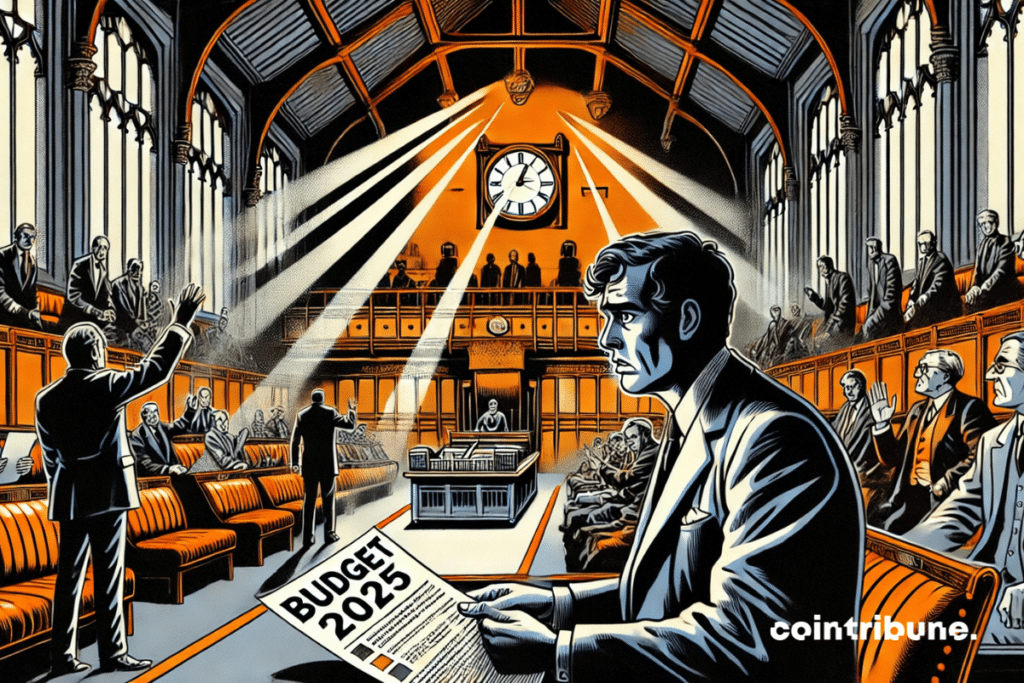Fall Of The Barnier Government: What Economic Consequences For France?
The fall of Michel Barnier’s government marks a political and economic turning point in France. While the adoption of the 2025 budget remains pending, uncertainty threatens to weigh heavily on households, businesses, and market confidence.

A tense political context and its immediate impacts
The motion of no confidence passed on December 4, with 331 votes, hastened the fall of Barnier’s government. Now reduced to managing current affairs, the government can no longer finalize the budget law proposals for 2025 before the deadline of December 31. This situation leads to institutional blockages with multiple consequences.
Firstly, the absence of an approved budget could impose the extension of that of 2024. Such a scenario would result in a freeze on state spending, estimated between 15 and 18 billion euros in savings, while limiting the state’s ability to finance crucial public investment projects.
Moreover, the revaluation of pensions indexed to inflation could create increased pressure on social spending, while the tax increases initially planned, such as those on very high incomes, would be abandoned.
The political uncertainty also weighs on France’s credibility internationally. The spread between French and German rates has widened, reflecting investor distrust. If the situation persists, the state’s borrowing costs could rise, affecting public debt management.
Consequences for households and businesses
The direct impact on households is concerning. The non-indexation of the income tax scale to inflation risks penalizing about 18 million tax households. This could exacerbate social inequalities, particularly affecting low incomes.
On the business side, political uncertainty could slow private investment, a key driver of French economic growth. Indeed, according to the OFCE, business wait-and-see attitude could deduct up to 0.2 percentage points from GDP growth in 2025. Moreover, local authorities, already weakened, could be tempted to increase local taxes, thus worsening fiscal pressure.
Finally, foreign investors’ distrust, essential to the French economy, could increase. Financial markets, particularly sensitive to instability, have already reacted with a rise in interest rates on French debt, bringing borrowing costs closer to those observed for historically troubled countries like Greece.
In summary, the fall of Barnier’s government exposes France to a period of major economic and financial uncertainties. Without a swift resolution, the combined effects on growth, taxation, and debt risk to weaken the country sustainably. In the short term, a collective effort among political and economic actors will be essential to limit the damage and restore confidence.
Maximize your Cointribune experience with our "Read to Earn" program! For every article you read, earn points and access exclusive rewards. Sign up now and start earning benefits.
Passionné par le Bitcoin, j'aime explorer les méandres de la blockchain et des cryptos et je partage mes découvertes avec la communauté. Mon rêve est de vivre dans un monde où la vie privée et la liberté financière sont garanties pour tous, et je crois fermement que Bitcoin est l'outil qui peut rendre cela possible.
The views, thoughts, and opinions expressed in this article belong solely to the author, and should not be taken as investment advice. Do your own research before taking any investment decisions.